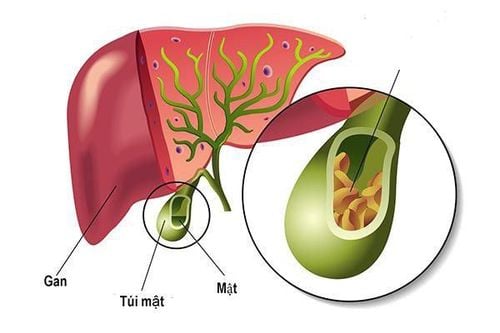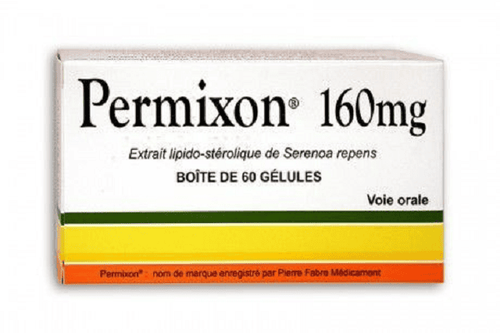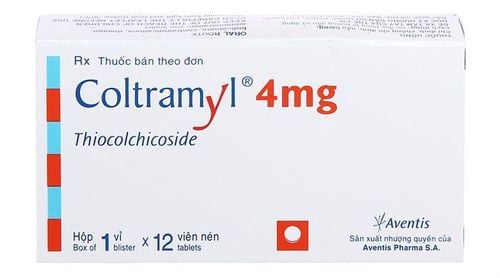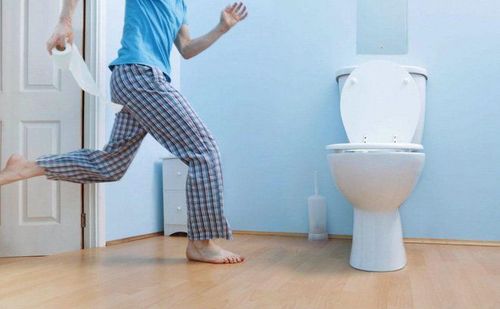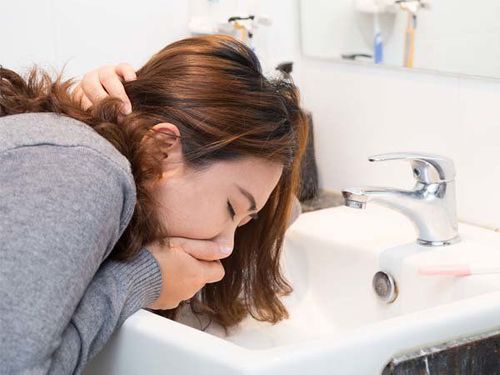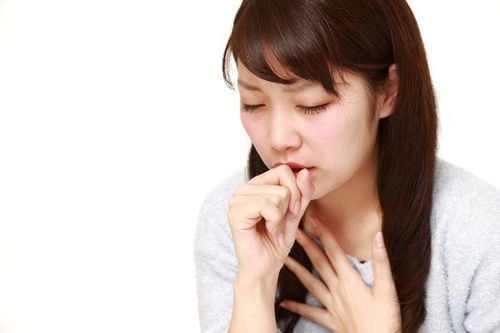This article was written by Dr. Mai Vien Phuong, Head of the Gastrointestinal Endoscopy Unit, Department of Examination and Internal Medicine, Vinmec Central Park International General Hospital.
Bile is a yellow-green liquid produced by the liver and stored in the gallbladder. It is essential for the digestion and breakdown of fats into smaller parts called fatty acids, so that they can be easily absorbed by the digestive tract. Bile contains bile acids (also known as bile salts), cholesterol, bilirubin, water, enzymes, and small amounts of metals. In this article, we will learn more about the phenomenon of vomiting bile.
1. Overview of Vomiting Bile
Vomiting bile is not always a sign of serious illness. Vomiting green or yellow bile on an empty stomach is common, as the body has nothing else to expel but digestive juices. Furthermore, vomiting is a natural bodily mechanism to eliminate toxins; it can also be caused by gastrointestinal infection or medication.
However, persistent vomiting or vomiting accompanied by sudden, spreading abdominal discomfort may indicate a ruptured pendix, and requires immediate medical attention.
2. Causes of vomiting bile
Bile vomiting signals health problems, such as bile reflux (bile flowing back from the liver into the stomach).
Other causes of vomiting bile may include:
Food poisoning
• Food prepared under poor sanitary conditions is at higher risk of contamination with microorganisms, such as bacteria and viruses.
• Consuming contaminated food or water causes food poisoning; symptoms include vomiting, diarrhea, abdominal pain, and fever.
Gastroenteritis
• Gastroenteritis is also known as infectious diarrhea or stomach flu.
• It is caused by contaminated food or water and is similar to food poisoning.
• It is an inflammation of the digestive tract, making digestion difficult.
• As a result, the patient may vomit bile along with food, experience diarrhea and abdominal pain, which can lead to dehydration.
Food allergies
• Some patients may be allergic to certain foods, causing serious reactions such as vomiting, abdominal pain, difficulty breathing, and skin rashes.
• It may cause intestinal blockage.
• Bowel obstruction or volvulus prevents food from moving through the intestines
• leading to vomiting of food and bile.
Cholecystitis
• The gallbladder is a small organ.
• Inflammation or removal of the gallbladder can cause bile leakage.
Cyclic vomiting syndrome (CVS)
• CVS causes repeated episodes of vomiting and nausea; however, there is no specific cause.
• Vomiting episodes often occur at the same time each day, are of similar intensity, and last for the same duration.
• CVS may be triggered by various factors, such as infection, stress, excitement, and menstruation.
Dehydration
• When the body lacks water and nutrients, it becomes dehydrated.
• This causes nausea, vomiting, low blood pressure, and dizziness.
Pyloric valve malfunction
• The pyloric valve or sphincter is a strong muscle between the stomach and duodenum.
• This valve controls food movement from the stomach to the duodenum and regulates bile release.
• Pyloric valve malfunction can lead to bile vomiting.
• This condition is more common in older adults.
Alcohol intolerance
• People intolerant to alcohol tend to vomit after drinking because the body eliminates toxins.
• Bile is also expelled with the alcohol.
• Morning vomiting is considered worse than nighttime vomiting because it can cause hangover vomiting (the urge to vomit but inability to).
Pediatric Causes of Vomiting
• Developmental abnormalities, such as duodenal, jejunal, and colonic atresia (insufficient development of the intestines), meconium ileus and meconium peritonitis (which occur in cases of complications during birth), Hirschsprung's disease, and necrotizing enterocolitis (intestinal infection), are serious causes of bilious vomiting requiring immediate medical attention.
• Gastric resections, such as total or partial gastrectomies, can also cause bile reflux and vomiting.
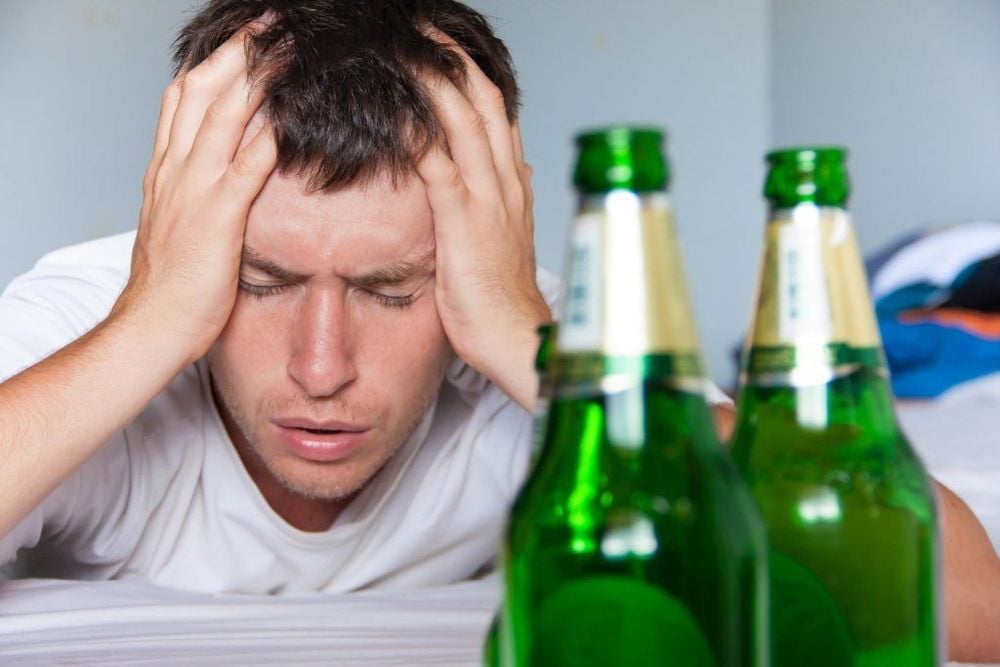
3. Treatment
Some remedies can help prevent the intensity and frequency of bile vomiting, such as:
• Eating small meals helps reduce pressure on the digestive system. This prevents the pyloric valve from malfunctioning, which is common when eating larger meals.
• Sitting upright for two to three hours after meals promotes better digestion.
• Avoid foods that cause allergies or acid reflux, including caffeine and spicy foods. Reduce your intake of fatty foods to reduce bile production.
• Obesity is thought to put unnecessary stress on the stomach and internal organs. Therefore, weight loss can reduce this pressure and help reduce acid reflux.
• Smoking irritates the trachea because the mucous membranes dry out and produce less saliva, increasing the likelihood of bile vomiting. Alcohol irritates the esophagus and relaxes the esophageal sphincter, causing reflux and bile vomiting. Alcohol intolerance also causes vomiting.
In most cases, bile reflux can be relieved within a few weeks with dietary changes. However, some patients with severe symptoms may require medical attention or surgery.
4. Preventing Vomiting Bile
You can't always prevent vomiting bile. However, lifestyle changes can help avoid some of the most common causes, such as excessive alcohol consumption or an unhealthy diet.
To help prevent vomiting bile, you can:
• Limit your alcohol intake and avoid binge drinking.
• Avoid heavy lifting to avoid the risk of a hernia.
• Get regular endoscopy if recommended by your doctor.
• Avoid smoking.
• Eat a variety of fruits and vegetables.
• Eat high-fiber iber to help prevent diverticulitis.
• Avoid undercooked or potentially contaminated foods.
Call your doctor immediately if you notice any of the following signs:
• Sudden, unexplained weight loss.
• Chest pain.
• Shortness of breath.
• Severe abdominal pain.
• Vomiting red or coffee ground substance in vomit
• Inability to stop vomiting.
Here is some basic information about vomiting bile. Please visit the website: Vinmec.com regularly for more useful information.
To arrange an appointment, please call HOTLINE or make your reservation directly HERE. You may also download the MyVinmec app to schedule appointments faster and manage your reservations more conveniently.
Reference articles: healthline.com, medicalnewstoday.com, medicinenet.com




